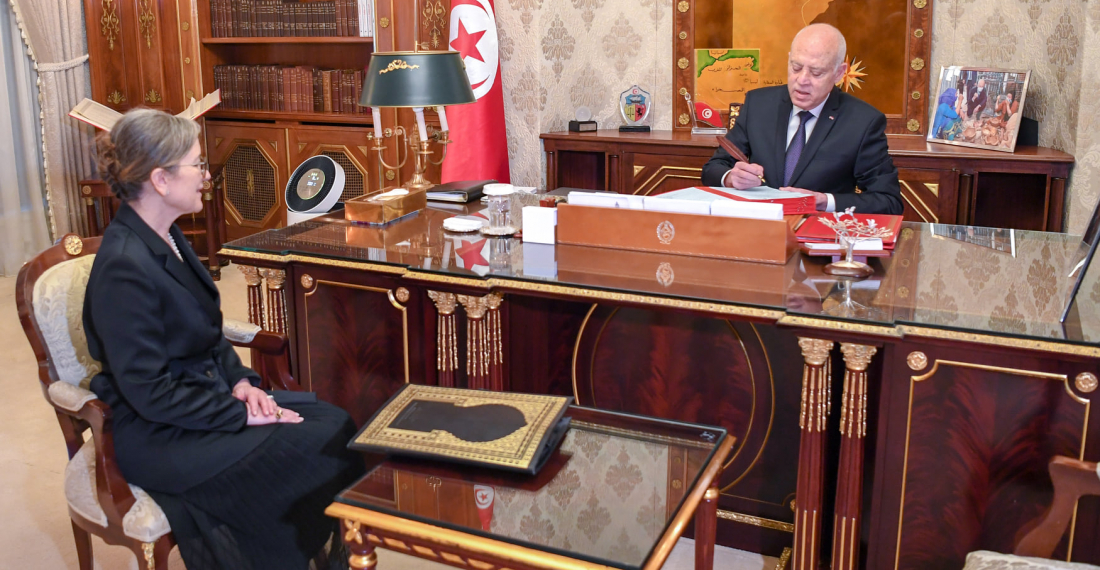Today (11 October), 11 weeks after the assumption of full powers by President Kais Saïed, Tunisia has a new government, the presidency announced in a statement.
“The President of the Republic promulgates a decree appointing the head of government and its members,” the presidency said in a statement shortly before the official television broadcast of the swearing-in ceremony.
For the first time in the country's history, the government's formation has been entrusted to a woman, the academic Najla Bouden, but she and her team will enjoy considerably reduced prerogatives due to the “exceptional measures” introduced by Saïed on 22 September, which included the suspension of several key chapters of the Constitution.
Bouden was appointed on 29 September, more than two months after the prime minister, Hichem Mechichi, was sacked by the president on 25 July, who also froze parliament and took over the judiciary. During her appointment, Saïed insisted that the new head of government should seek “to put an end to the corruption and chaos that has pervaded many state institutions”.
Samir Saïd, a banker, has been appointed Minister of the Economy and Planning, whilst the lawyer Taoufik Charfeddine recovered his title as Minister of the Interior, which he once held between September 2020 and January 2021.
The announcement of a new government comes the day after a demonstration in the capital, Tunis, against the emergency measures decided by Saïed, in which at least 6,000 people participated.






